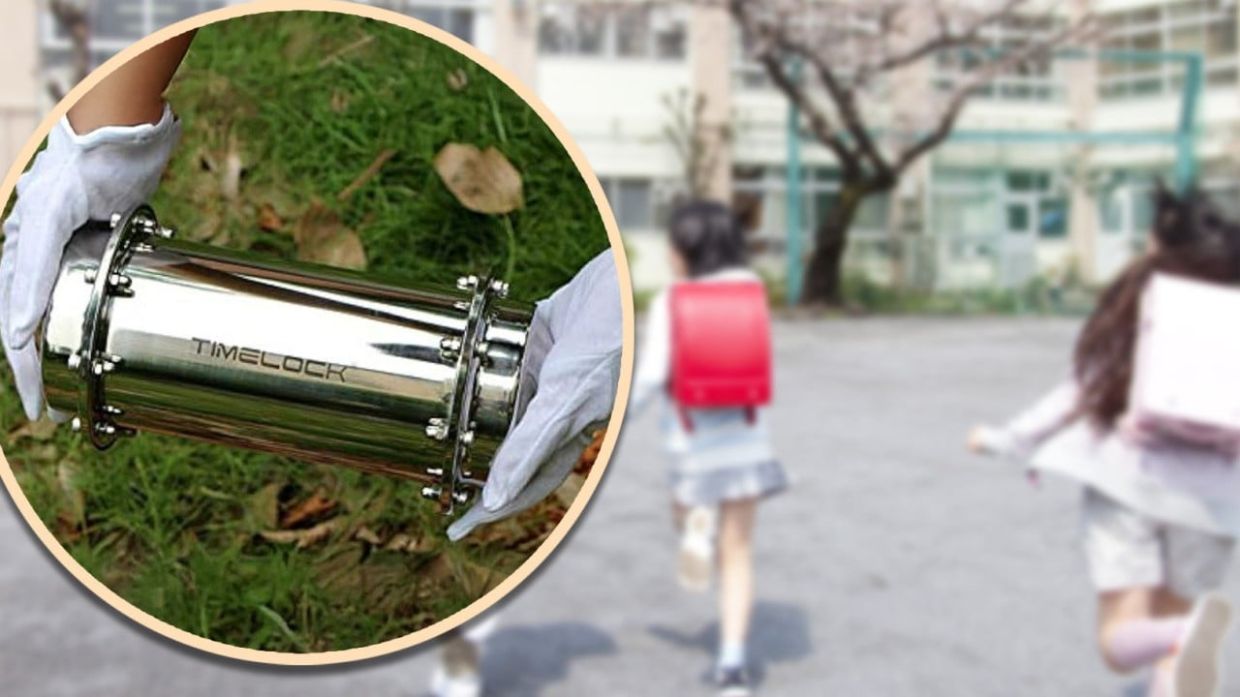
FILE PHOTO: The logo for the Intel Corporation is seen on a sign outside the Fab 42 microprocessor manufacturing site in Chandler, Arizona, U.S., October 2, 2020. REUTERS/Nathan Frandino//File Photo
(Reuters) -Intel said on Wednesday that Microsoft plans to use its services to manufacture a custom computing chip and that the company expects to beat an internal deadline of 2025 to overtake its biggest rival, Taiwan Semiconductor Manufacturing Co, in advanced chip manufacturing.
The chipmaker also gave new details on how it plans to maintain a lead over TSMC into 2026 and beyond.
Uh-oh! Daily quota reached.








































